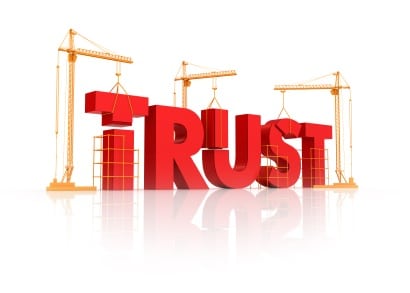FIFA, Corruption and Sports Governance
The world’s most popular sport is facing a crisis of confidence, and not without good reason. What started as an investigation by the United States Department of Justice into bribery concerning broadcast rights, has become a full scale investigation of FIFA as a whole.
Swiss authorities began looking into bribery charges concerning the 2018 and 2022 World Cup bidding process within hours of the broadcasting scandal, and at least 14 officials and marketers for FIFA have already been indicted for corruption.










